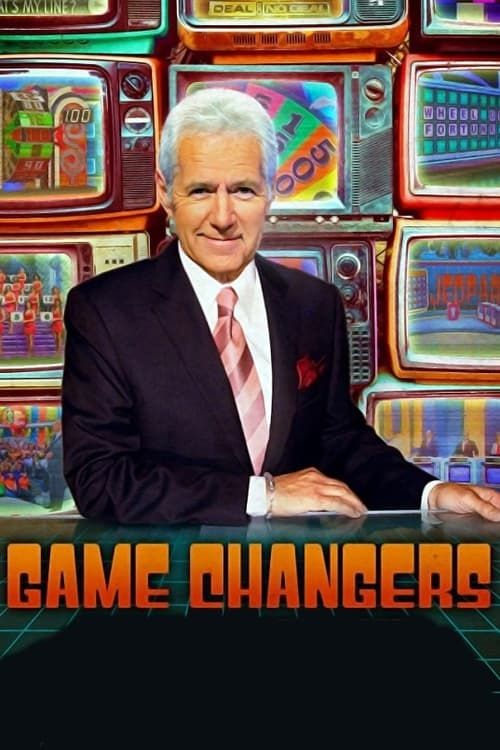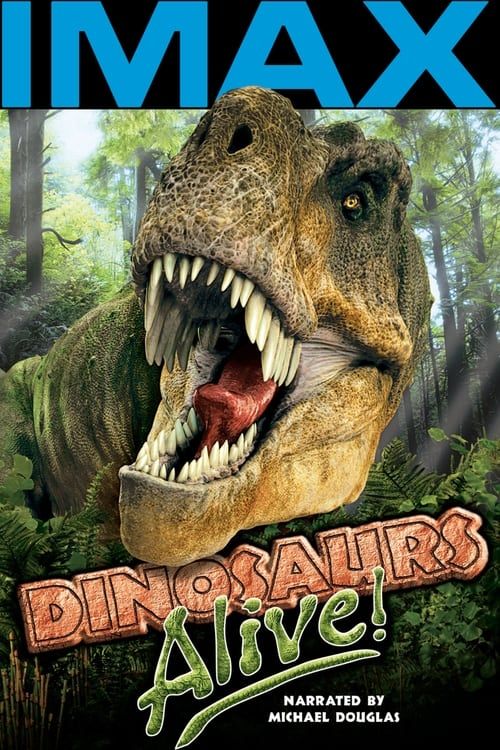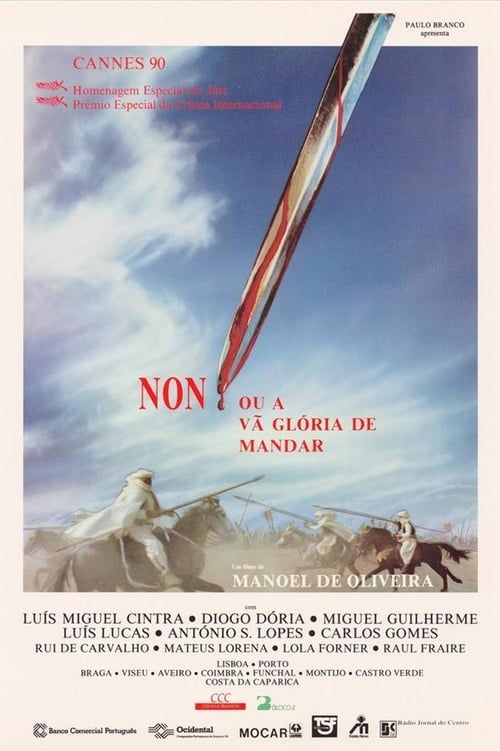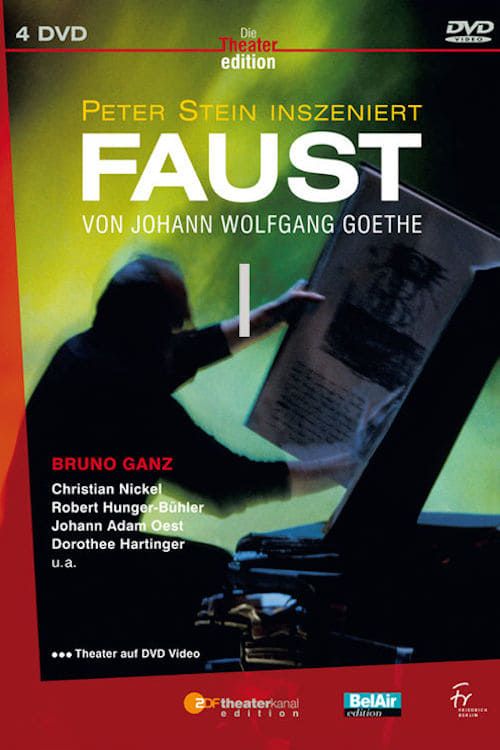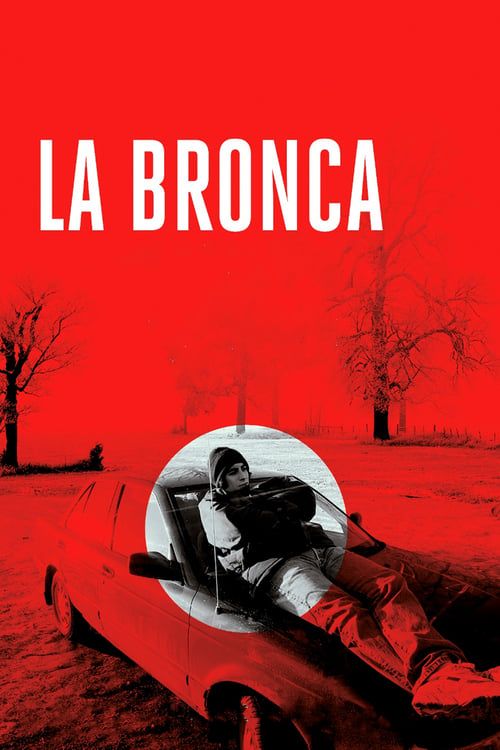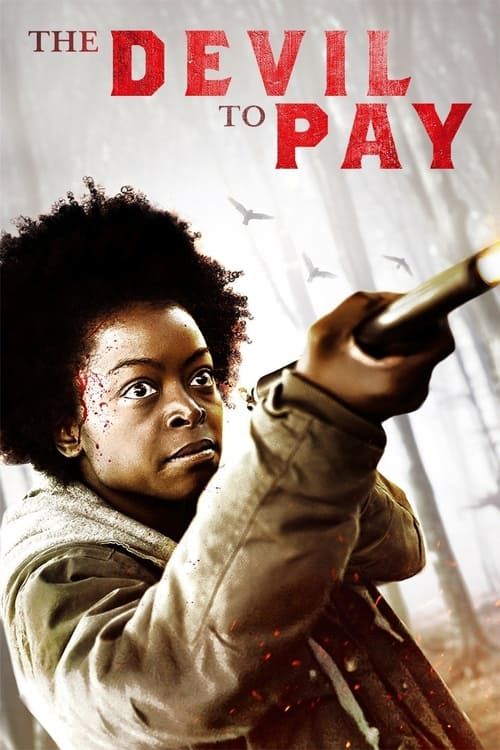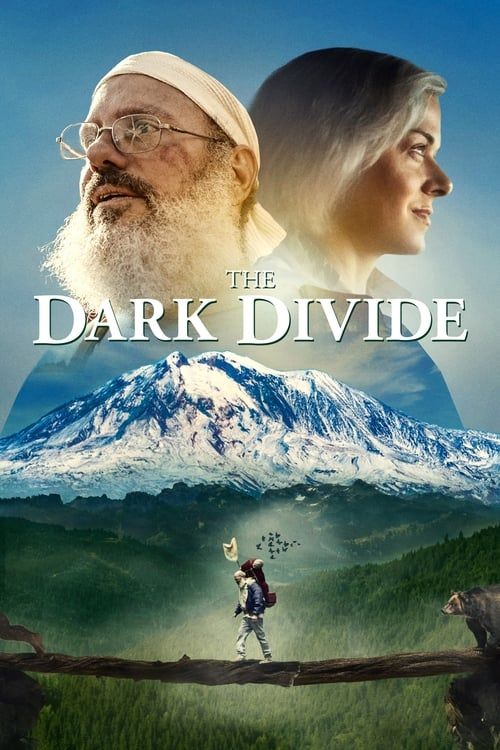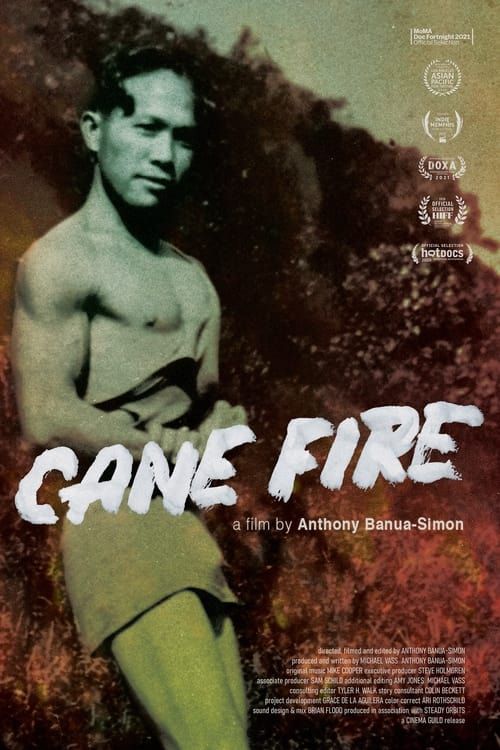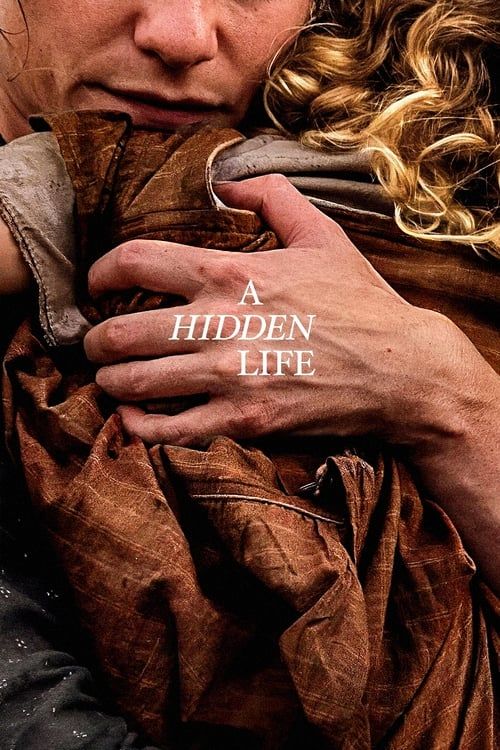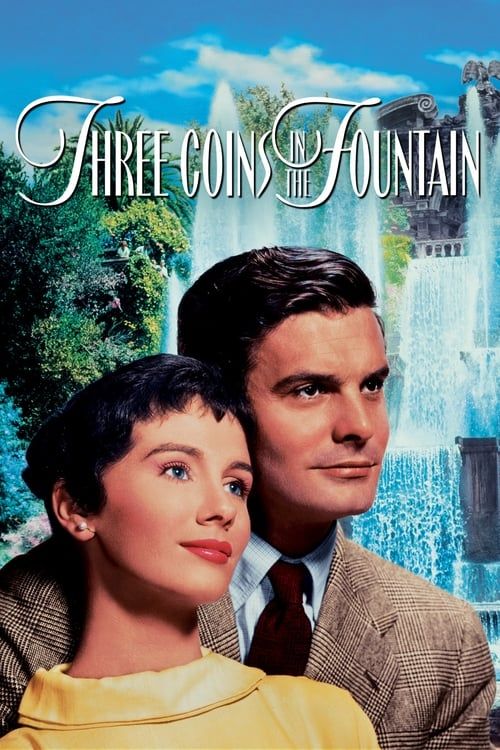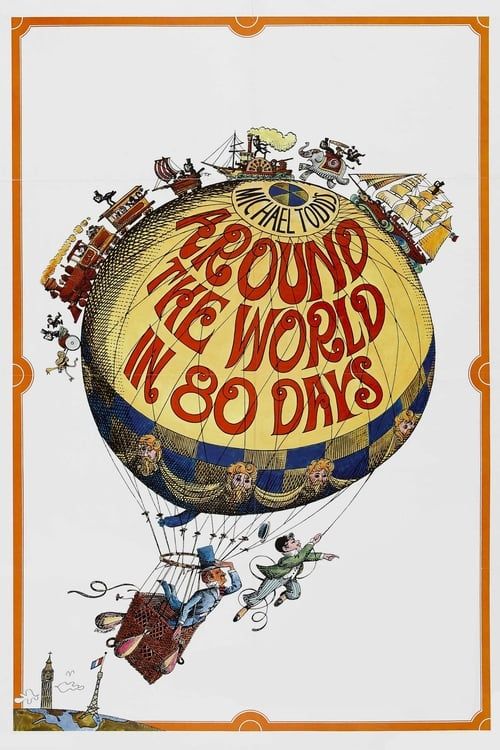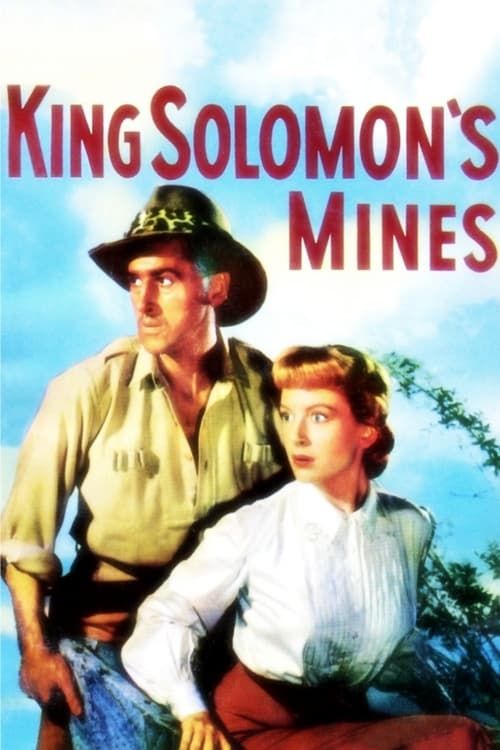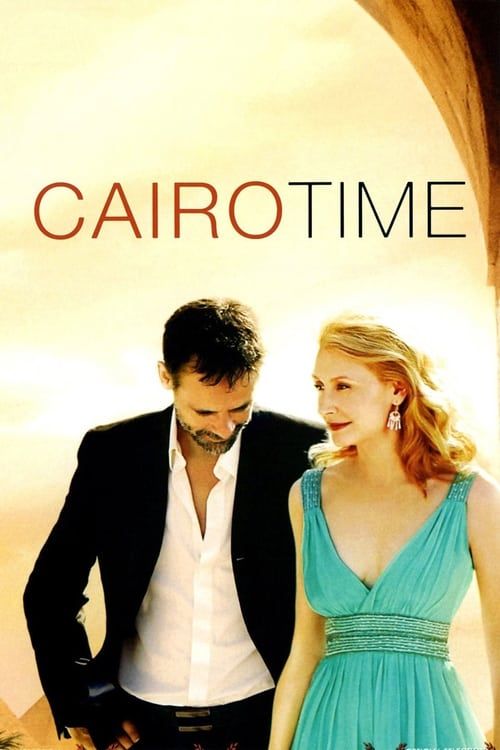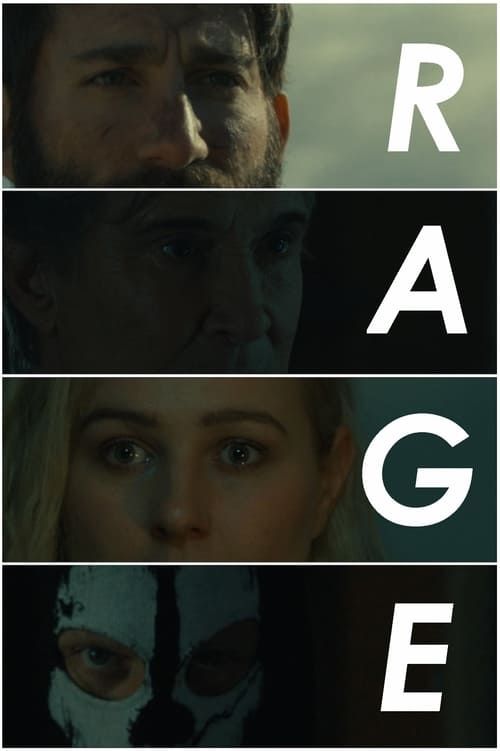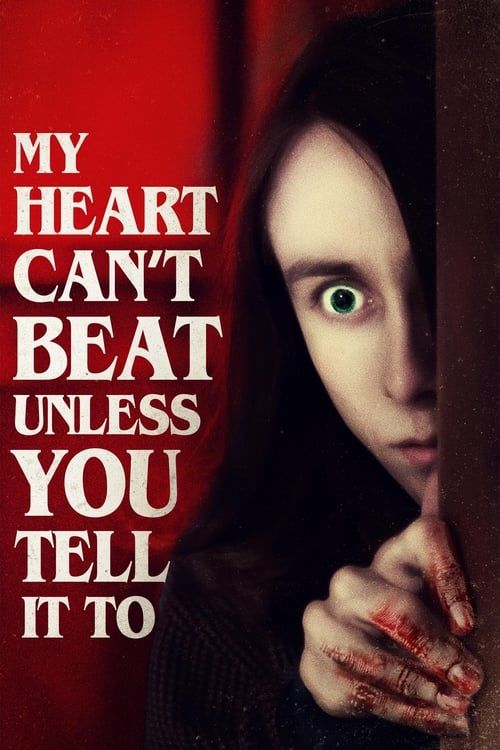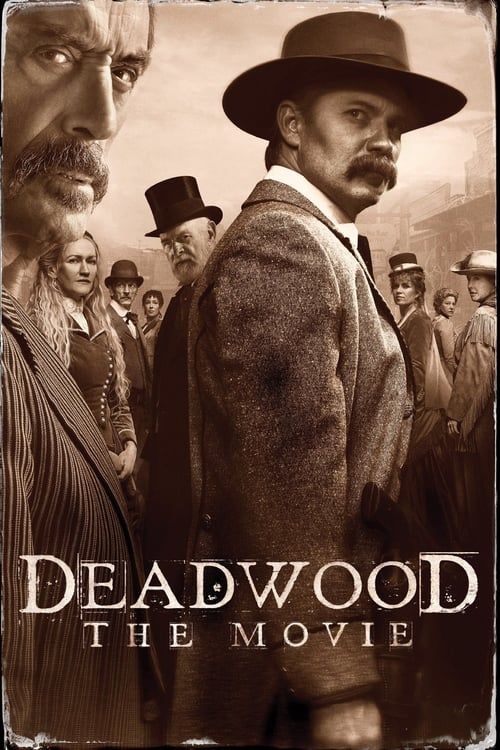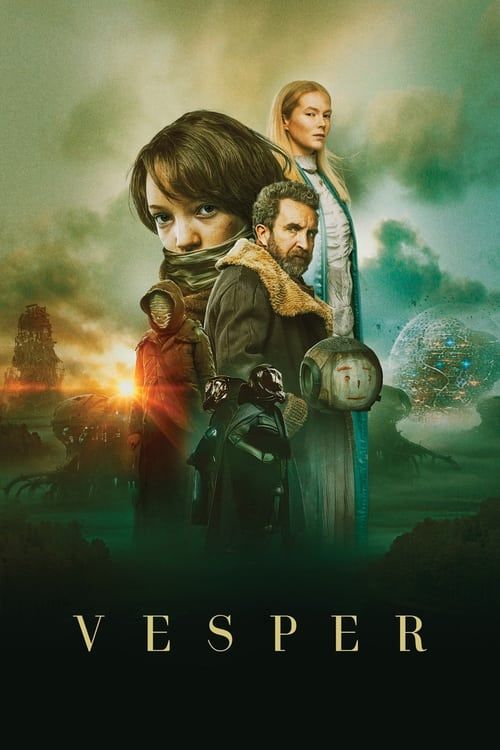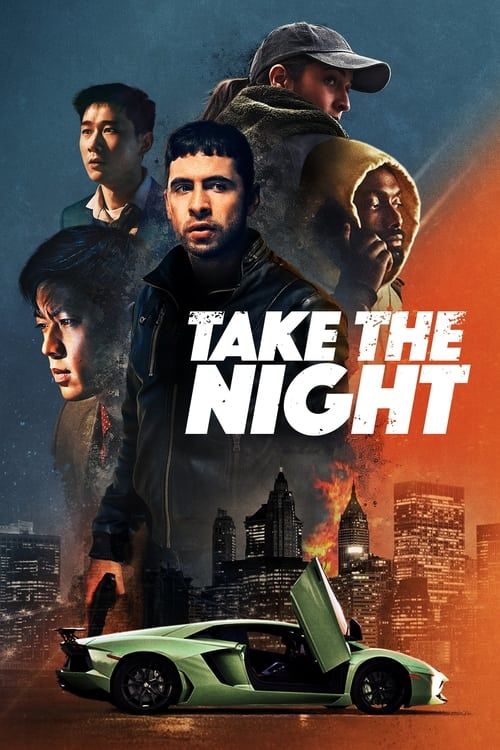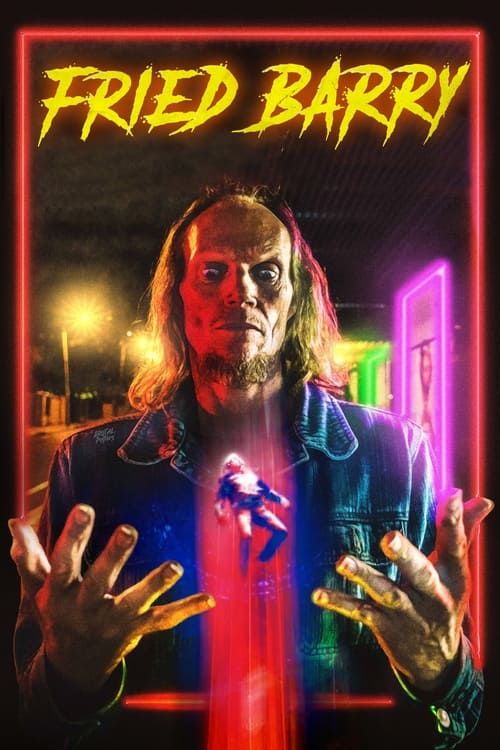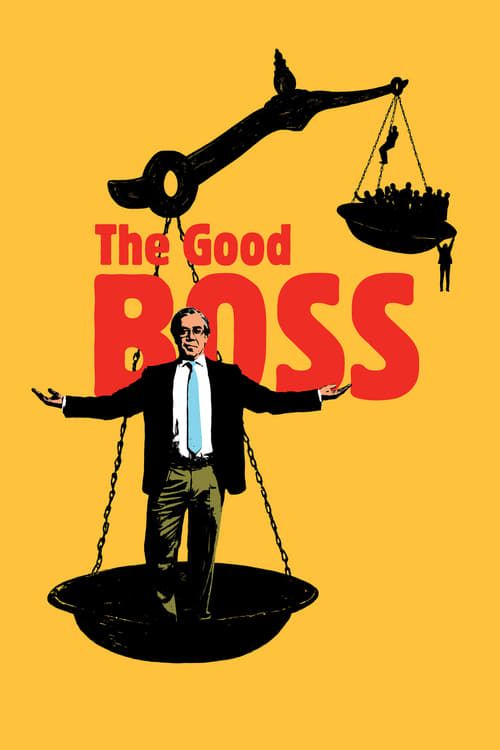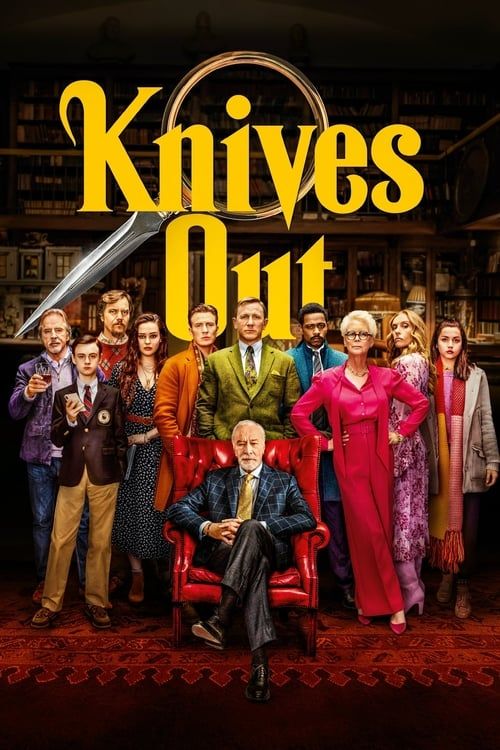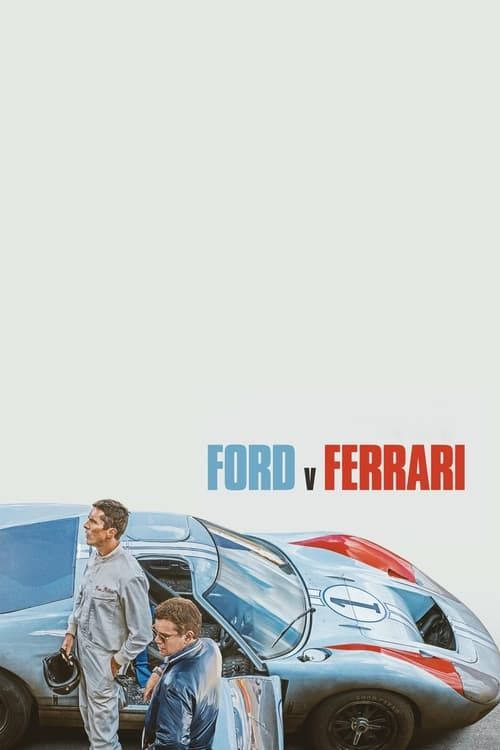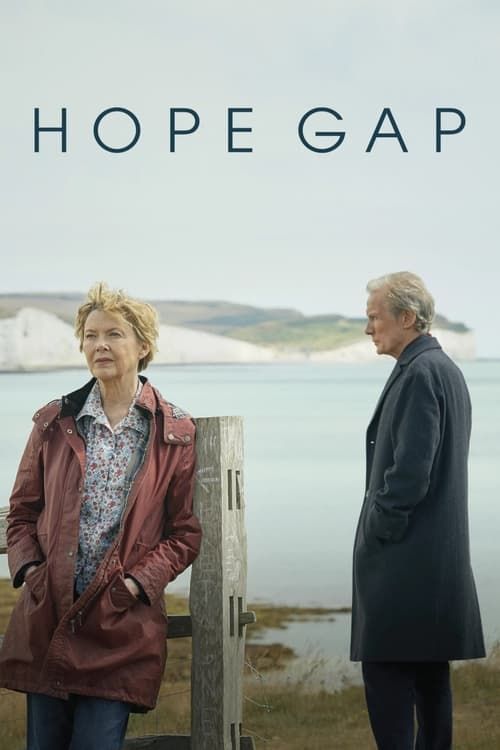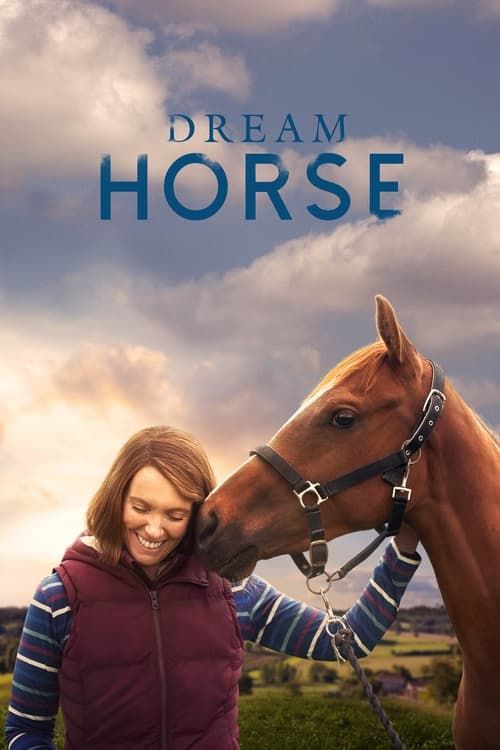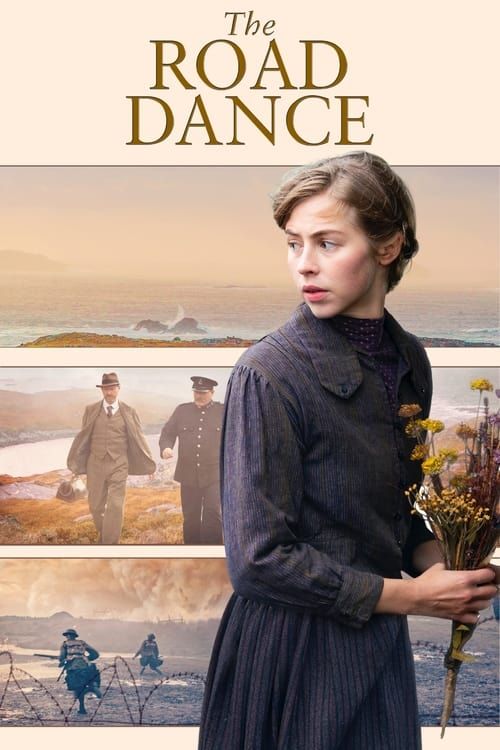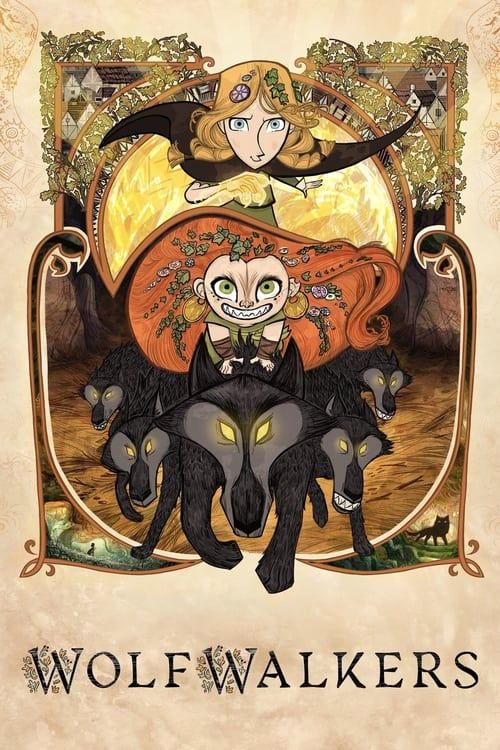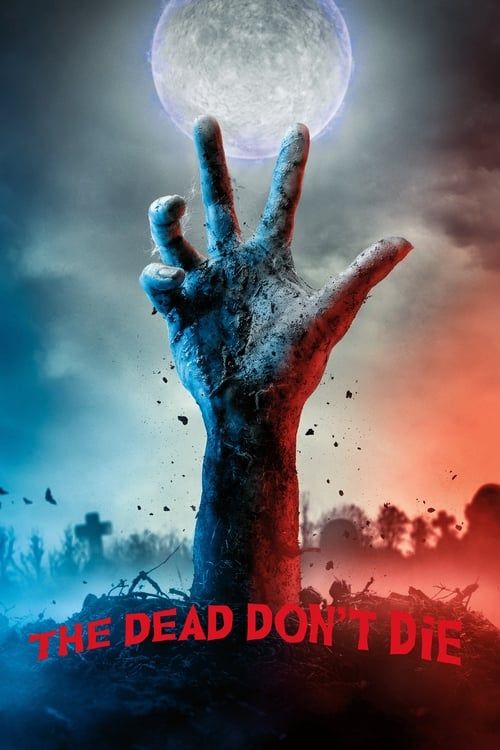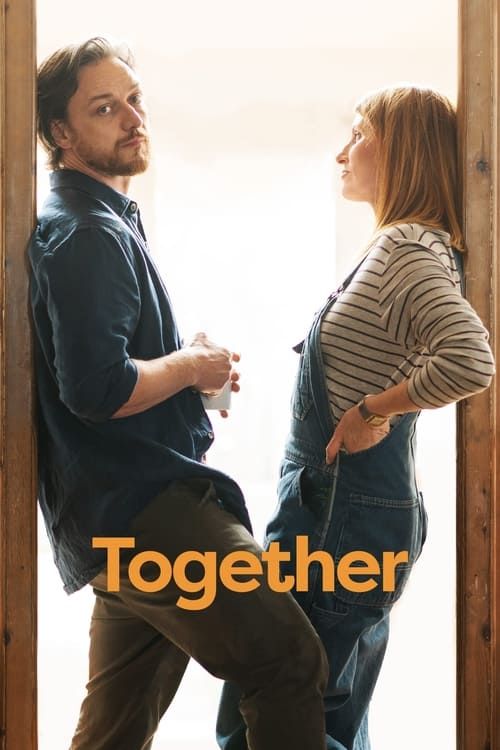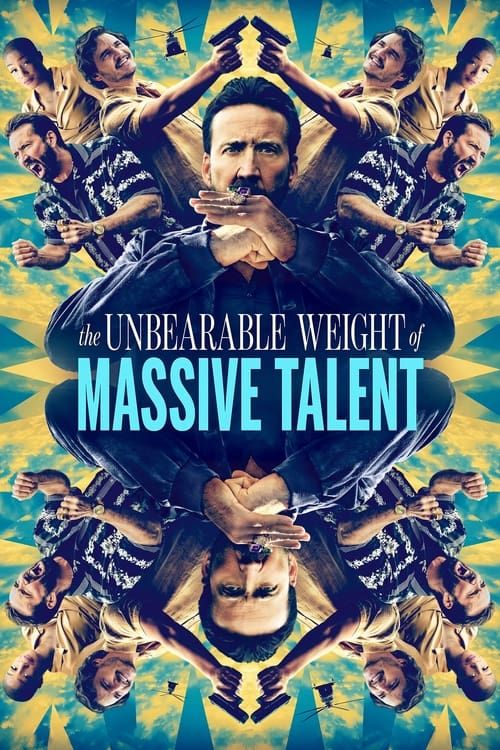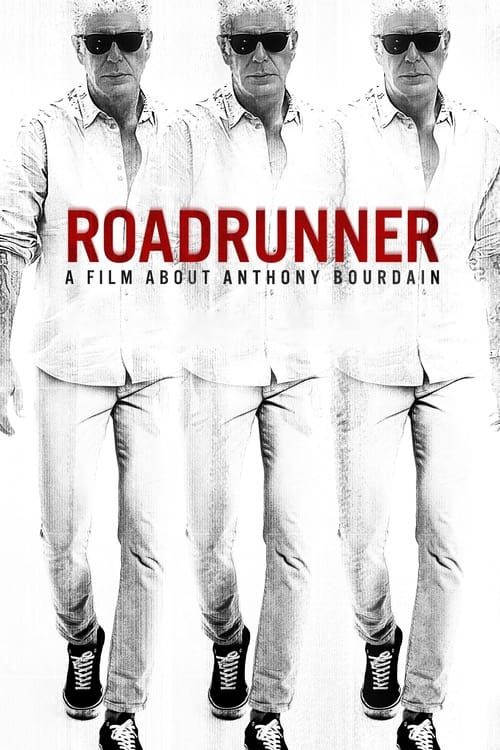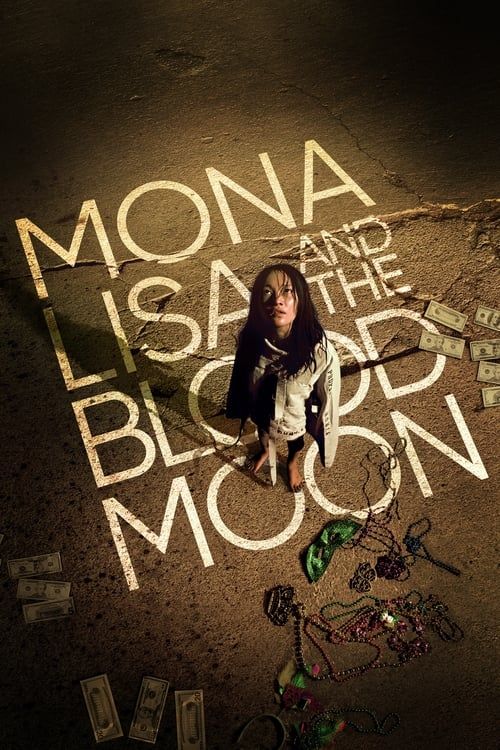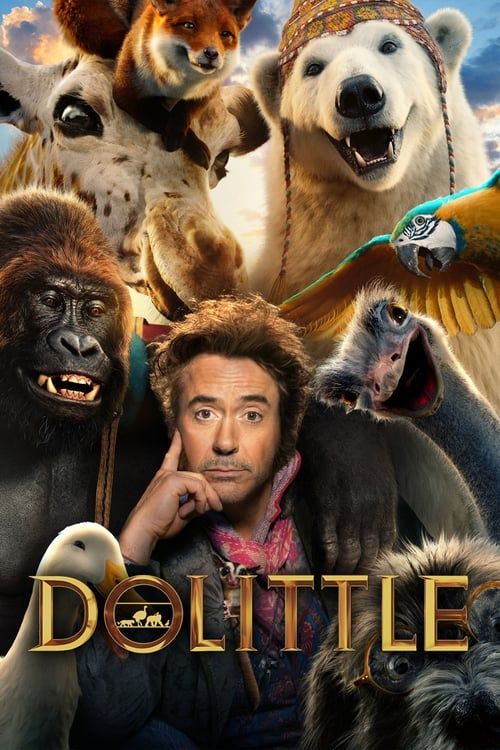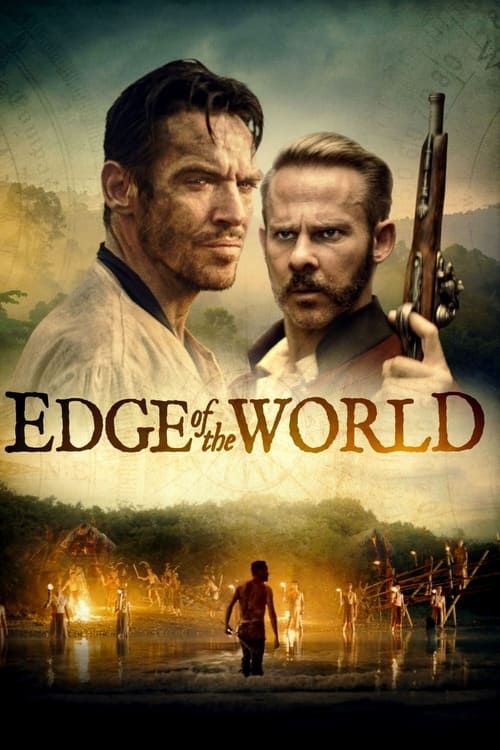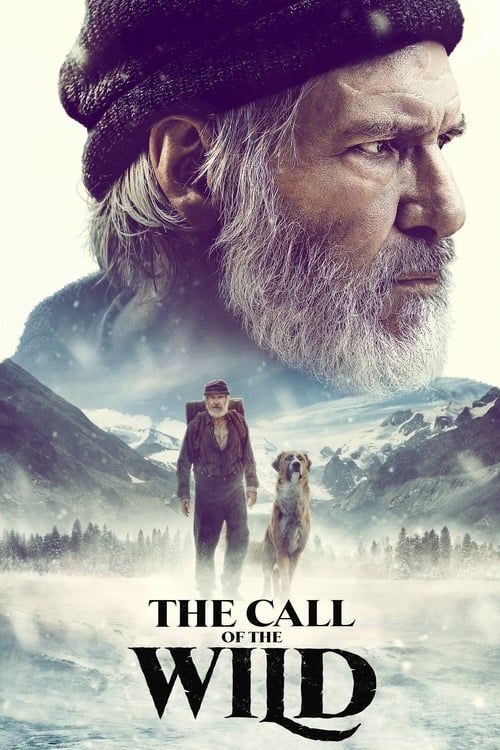
There'll Always Be an England
1945-01-01 |
990 AI "Keytalks" from People:
Click "Keytalk" you liked to discover Movies of you taste
This travelog starts in London, then visits several towns and villages of historical interest. Among the places visited are Aylesbury, where Benjamin Disraeli got his start in politics; Abinger Hammer, site of the Church of St. John the Evangelist; and Chalfont, St. Giles, where the cottage in which poet John Milton finished his epic "Paradise Lost" still stands. The people are also featured, including farmers, town merchants, and furniture makers who still produce items by hand in their outdoor factory. —David Glagovsky
Streaming Services
Ratings
990 Movie prompts Related to There'll Always Be an England
Maimovie AI learns movie taste from social media, search keywords, and other diverse crowd data. As a result, our AI has characterized this movie with the following movie tastes:
Awards from the Crowd
990 prompts ranked by the crowd  Ranked #7567
for
Ranked #7567
for
 Ranked #19553
for
Ranked #19553
for
 Ranked #20006
for
Ranked #20006
for
Cast
Acting & Cast
Character
Featured Crew
55 Tastes Related to the Featured Crew
Based on the crowd’s live-updated social data, the following movie tastes represent the featured crew of the movie, There'll Always Be an England:
Search Keywords
Touch to Google the following Keywords:
Total 8 keywords
therell always be an england
therell always be an england directors
therell always be an england locations
therell always be an england movies
therell always be an england ost lyrics
therell always be an england trailers
there'll always be an england ost lyrics
there'll always be an england sound soundtrack
Top 20 Movies Similar to There'll Always Be an England
Movies Similar to There'll Always Be an England
“ Travelogue ”
as in
Concept & Idea
“ Whimper Ending ”
as in
Climax & Ending
“ With Cockney Accent ”
as in
Character
“ Broke The Fourth Wall ”
as in
Character
“ Globetrotting ”
as in
Concept & Idea
There'll Always Be an England FAQ
The release date of There'll Always Be an England is January 01, 1945.
On October 04, 2024, the IMDB rating of There'll Always Be an England is 6.0/10, Rotten Tomato rating is 0/100, Metacritic rating is 0/100, TMDB rating is 0.0/10.
On October 04, 2024, there were 990 public reaction to There'll Always Be an England including travelogue, whimper ending, with cockney accent, broke the fourth wall, globetrotting.
The runtime of There'll Always Be an England is 20 minutes.
This travelog starts in London, then visits several towns and villages of historical interest. Among the places visited are Aylesbury, where Benjamin Disraeli got his start in politics; Abinger Hammer, site of the Church of St. John the Evangelist; and Chalfont, St. Giles, where the cottage in which poet John Milton finished his epic "Paradise Lost" still stands. The people are also featured, including farmers, town merchants, and furniture makers who still produce items by hand in their outdoor factory. —David Glagovsky.






